With less than two months to go before new tax rules come into force for double cab pick-up trucks, fleets are urgently seeking clarity on what vehicles fall into scope.
It comes after a pick-up seen as a potential alternative by some fleets, now also appears to fall foul of the tax change.
The Government announced in the Autumn Budget that double cab pick-up trucks would be treated as company cars for tax purposes.
The move will dramatically increase the benefit-in-kind (BIK) tax paid by drivers by thousands of pounds from April.
But, as soon as the legislative change was announced, fleets have been trying to get clarity on how the new rules will apply.
Fleet News previously reported how the Treasury confirmed the BIK tax change would have no impact on the level of VED fleets would have to pay from April.
HMRC has now clarified that double cab pick-ups also remain classed as goods vehicles for VAT purposes as this is similarly unaffected by the BIK tax change.
With less than two months to go before new tax rules come into force for double cab pick-up trucks, fleets are urgently seeking clarity on what vehicles fall into scope.
It comes after a pick-up seen as a potential alternative by some fleets, now also appears to fall foul of the tax change.
The Government announced in the Autumn Budget that double cab pick-up trucks would be treated as company cars for tax purposes.
The move will dramatically increase the benefit-in-kind (BIK) tax paid by drivers by thousands of pounds from April.
But, as soon as the legislative change was announced, fleets have been trying to get clarity on how the new rules will apply.
Fleet News previously reported how the Treasury confirmed the BIK tax change would have no impact on the level of VED fleets would have to pay from April.
HMRC has now clarified that double cab pick-ups also remain classed as goods vehicles for VAT purposes as this is similarly unaffected by the BIK tax change.
For VAT purposes, HMRC explained that the definition of a car does not include a vehicle constructed to carry a payload of one tonne or more.
However, after Toyota informed customers that its extra cab pick-up (see below) as well as its double cab pick-up would fall foul of the new BIK tax rules, it raised further questions about which pick-up trucks will be classed as company cars from April.
When the Government announced that double cab pick-ups would be treated as company cars for BIK purposes, it said it was “aligning” its treatment to reflect a ruling by the Court of Appeal, involving HMRC and Coca-Cola, regarding the primary suitability of a vehicle.
At the time, a Treasury spokesperson explained: “The Government announced that HMRC will change its guidance on the tax treatment of DCPUs (double cab pick-ups) to align with case law, reflecting the Court of Appeal’s judgement that multipurpose vehicles which are equally suited to carrying people and goods should be treated as cars.
“It is right that their tax takes into account the purpose for which they are primarily suited.”
In 2020, HMRC successfully argued in the Cort of Appeal that Coca-Cola’s Vauxhall Vivaro and VW Transporter T5 Kombis (1st and 2nd generation) were cars and not vans.
Current HMRC guidance says that for the purposes of the BIK tax change from April, a double cab pick-up is normally defined by: a front passenger cab that contains a second row of seats and is capable of seating about four passengers, plus the driver.
It should also have four doors capable of being opened independently, whether the rear doors are hinged at the front or the rear (two-door versions are normally accepted to be vans), and an uncovered pick-up area behind the passenger cab.
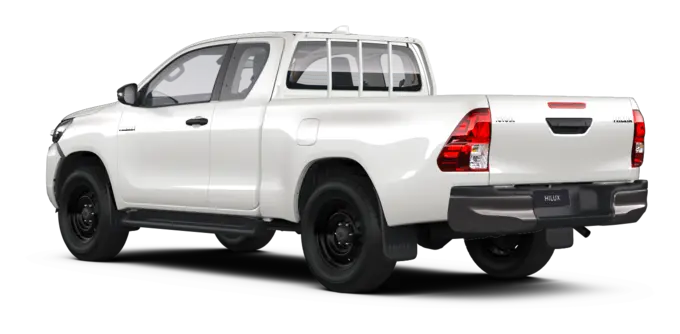
But, despite the Toyota Hilux Extra Cab's four doors consisting of two rear doors that only open when you open the front doors, HMRC now appears to have this type of vehicles in its sights as well.
Most if not all will be classed as company cars
Extended, extra or so-called king cabs have always historically been viewed as double cab pick-ups, according to HMRC.
Fleet News understands that as far as the tax authority is concerned, they are generally multi-purpose and, following the Court of Appeal decision, most if not all of them will represent cars for BIK purposes.
It is also understood that HMRC will not be providing a blanket decision on whether any particular makes/models of vehicle should be regarded as a car or a van for BIK purposes. This is because the standard version may have been adapted in the factory, by the car dealership, or once acquired by the employer.
HMRC says it will be updating its guidance in an attempt to clarify matters.
One fleet manager, who wished to remain anonymous, told Fleet News: “Gaining clarity on the extended cab pick-up tax rules is crucial for our company as it directly impacts our drivers, both in terms of their financial well-being and their personal lives.”
With a 300-vehicle fleet, including a number of double cab pick-ups, she had been considering ordering up to 80 extended cab pick-ups as an alternative before finding out these vehicles also appear to fall into scope.
“The market options for single cab pick-ups continue to shrink and extended cab options gave us the ability to offer an enhanced specification vehicle for our drivers,” she explained.
“However, the lack of clear tax guidance leaves both the company and drivers in a state of uncertainty.
“Addressing this issue is vital to ensuring that we can all make the best informed decisions moving forward for our fleets.”
HMRC guidance issued in the wake of the Coca-Cola ruling said that “one would need to demonstrate that the predominant suitability of the vehicle in question was for the conveyance of goods or burden, in order to be classified as a goods vehicle”.
It added: “The Courts’ view was that this imports something more than marginal, or just about (51% to 49% for example).”
In passing judgement in the Coca-Cola case, Lady Asplin had stated that “primarily means something more than a suitability which is first in the list by a whisker”.
“It means first and foremost. It cannot encompass very narrow margins.”
Other taxes and transitional arrangements
Transitional BIK arrangements will apply for employers that have purchased, leased, or ordered a double cab pick-up before April 6, 2025.
The Treasury says that they will be able to use the previous treatment, until the earlier of disposal, lease expiry, or April 5, 2029.
For capital allowances, HMRC confirmed that if expenditure is incurred on a double cab pick-up with a payload of one tonne or more before April 1, 2025, for corporation tax purposes or April 6, 2025, for income tax purposes, it is not treated as a car for capital allowances purposes.
If expenditure is incurred on or after those dates, this interpretation of the legislation will no longer apply which means that most, if not all, double cab pick-ups will be treated as cars for capital allowances purposes as they are equally suited for the conveyance of goods or passengers.
However, it says that there are transitional arrangements which apply where an amount of expenditure is incurred as a result of a contract entered into before April 1, 2025, for corporation tax purposes, or April 6, 2025, for income tax purposes; and the expenditure is incurred on or after that date but before October 1, 2025.
If the transitional arrangements apply, then a double cab pick-up with a payload of one tonne or more will not be treated as a car for capital allowances purposes, says HMRC.
Further guidance is available in the capital allowances manual.
HMRC stressed that it is the date the customer enters into a contract to purchase the vehicle and when the expenditure is incurred that is relevant.
If the vehicle was ordered before April 1, 2025, the transitional rules still apply even if it is registered after the date.
The hire cost restriction largely follows the same approach as capital allowances except that what matters is the date that the contract for hire is entered into rather than the contract to purchase. HMRC guidance is available.
Consequently, HMRC says that the registration date of the vehicle will not affect the transitional rules.
If a contract for hire of a double cab pick-up with a payload of one tonne or more was entered into before April 1, 2025, for Corporation Tax purposes or April 6, 2025, for income tax purposes, HMRC says it would not matter if the car was not registered until after this date.
Expenditure incurred before October 1, 2025, it added, would not be treated as expenditure incurred on the hire of a car.
However, expenditure incurred on or after October 1, 2025, would be treated as expenditure on the hire of a car, regardless of when the contract for hire was entered into.
Fleets warned on private use
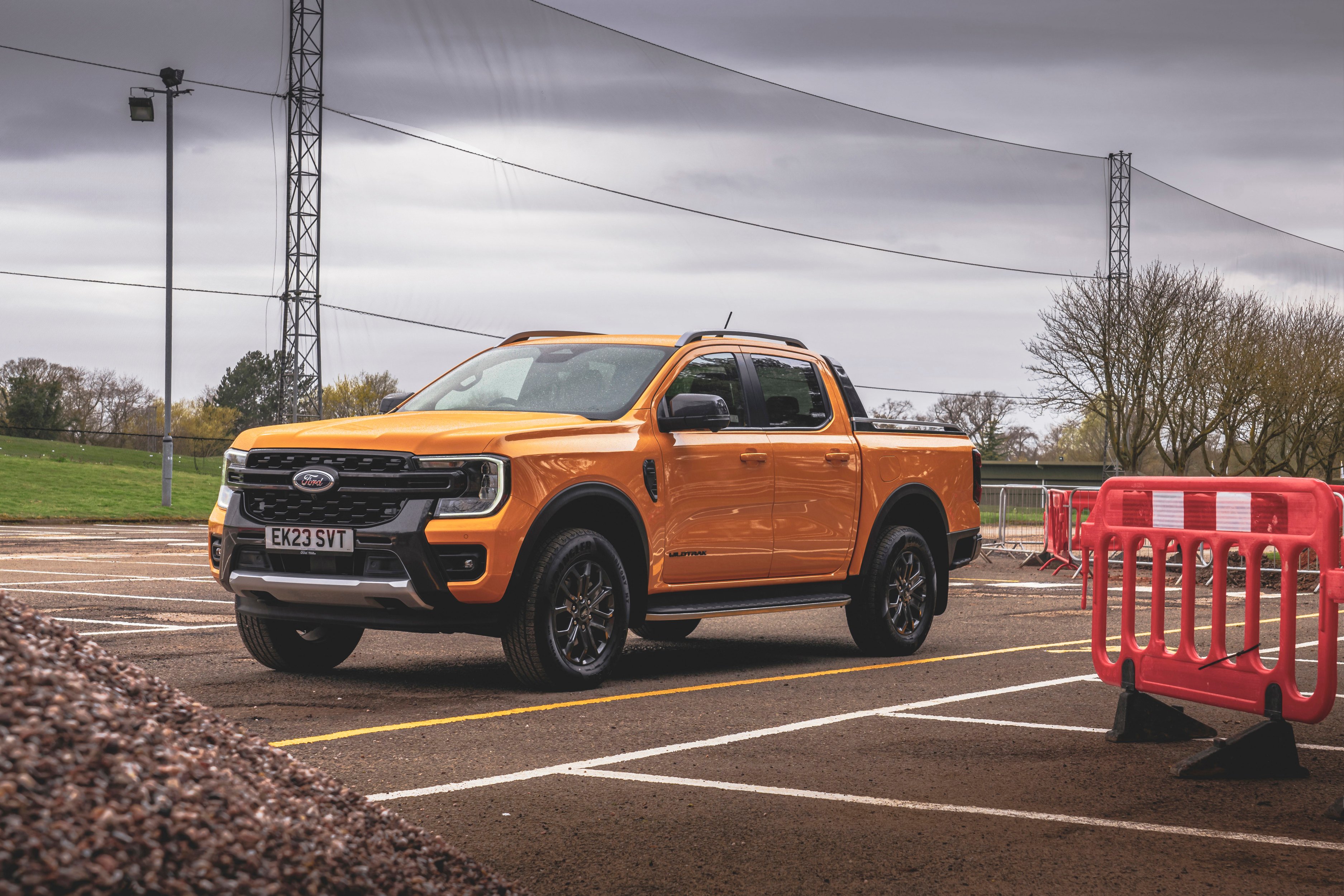
The Association of Fleet Professionals (AFP) has warned that it is essential fleet managers fully understand the rules so they do not fall foul of the changes.
It previously reported some fleets had expressed confusion about what constitutes business and private use for pick-ups.
This is because there is some flexibility built into HMRC rules for vans that state the vehicle can be used for private purposes, but only to an “insignificant extent”.
HMRC has given a few examples of what “insignificant” means, like taking an old mattress or other rubbish to the tip once or twice a year, stopping at a newsagent on the way to work or stopping at the dentist on the way home.
As double cab pick-ups are now treated for tax purposes as a company car, it means there is no such “insignificant extent” allowance like there is for vans.
The automotive trade body, the Society of Motor Manufacturers and Traders (SMMT), has called for Chancellor to scrap the tax change, saying it will add further cost pressures to businesses that rely on these vehicles, such as construction, farming, utilities and the self-employed.
Login to continue reading.
This article is premium content. To view, please register for free or sign in to read it.



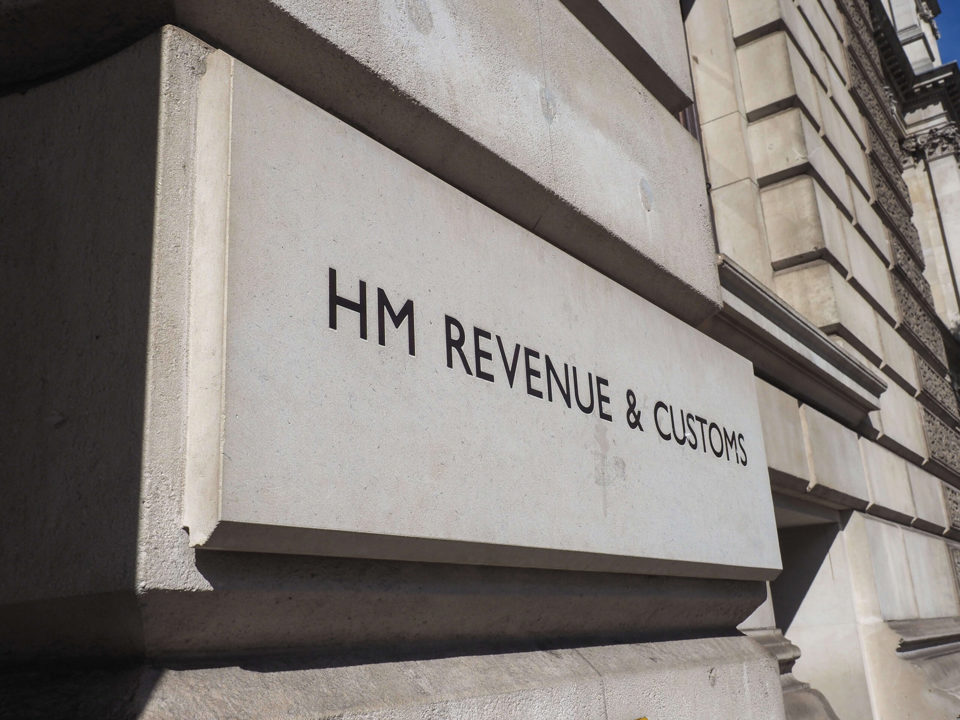




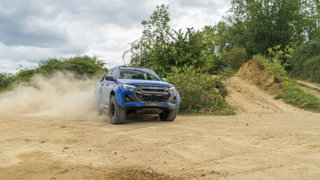
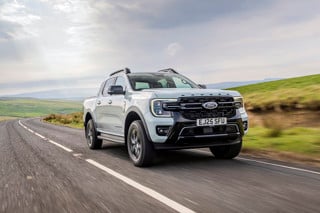

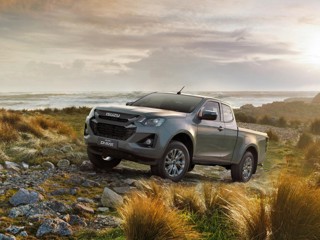













Login to comment
Comments
No comments have been made yet.